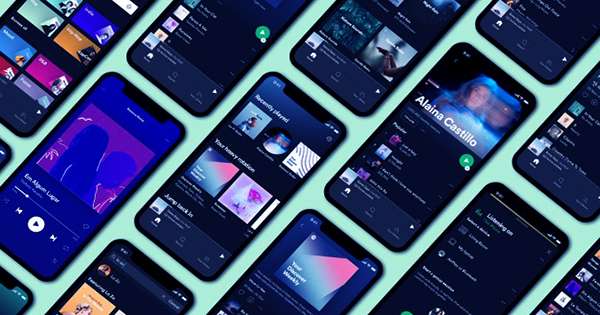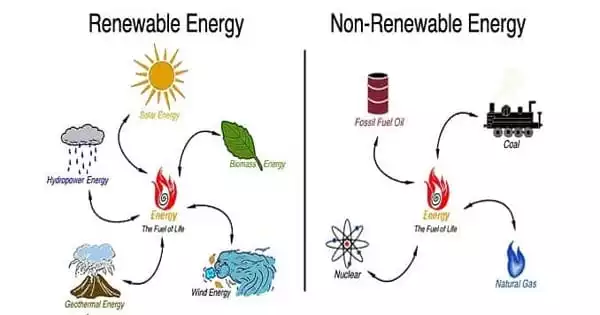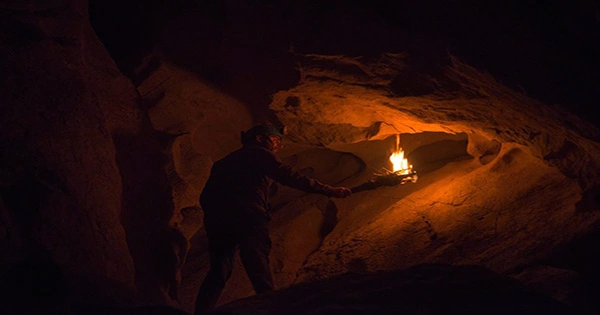Spotify again signaled its interest in developing new ways to monetize its investments in podcasts. In the company’s fourth-quarter earnings, chief executive Daniel Ek suggested the streaming media company foresees a future where there will be multiple business models for podcasts, including, potentially both ad-supported subscriptions à la carte options.
The company, whose podcast catalog has now grown to 2.2 million programs, said demand for the audio format has been growing in recent months. For example, 25% of Spotify’s monthly active users are now involved in podcasts, up from 22% in the last quarter. The use of podcasts is also on the rise, with Shravan almost doubling in size during the fourth quarter.
Today, podcasts from Spotify’s platform are available to both free and paid users and monetized by advertising. It is still the company’s core focus – Spotify recently acquired a podcast hosting and monetization platform, Megaphone, to help third party publishers provide streaming ad insertion technology as well as increase its targeted podcast inventory.
However, Spotify Podcasts recently revealed its failures in various ways of monetizing. For example, late last year, the company conducted a survey asking its customers if they would agree to pay for a standalone podcast subscription, and if so, what would it look like and how much would it cost?
At this point, a few different ideas offered in the study.
On the downside, a subscription can provide ad-supported exclusive episodes and bonus content for $3 per month. It will be like the Stitcher Premium, which excludes provides from today’s top shows and other bonus episodes, but the proposed version of Spotify includes ads, while the Stitcher Premium is ad-free.
The middle option offered a plan that would be closer to the Stitcher premium, with exclusive shows and bonus elements but no ads. It even matched the price of $5 per month at the Stitcher premium. In addition, high-end, customers can get early access to ad-free interviews and episodes for $8 per month.
Of course, a survey is mean to meet consumer demand for such national subscriptions only and does not indicate that Spotify has a new product in the works. (Spotify said the same thing when asked to comment on the news at the same time.)
However, it is clear that investors also want to know what Spotify is thinking when it comes to recovering its huge investment in podcasts. Asked if Spotify thought customers would agree to pay for the podcast, the revenue call responded by saying it believed there were several new models that could be explored.
“I think we’ve come a long way in seeing the long-term evolution of how we can monetize audio on the Internet. I have said it before, but I do not believe it is a one-size-fits-all. There will be a type of cart in that”. “And your clarification must be expected to follow that strategy and that style,” one added, more explicitly.
Sources said that Spotify was considering some ideas in that recent survey – giving customers free access to some podcasts or bundling them with music subscriptions instead of paying for them. Of course, this would change the meaning of the word “podcast” to today’s freely distributed, serialized audio programs that distributed via RSS feeds.
If PayPal chooses to pay for podcasts or à la carts behind Spotify subscriptions, they are no longer really podcasts – they are a new kind of premium audio program. This is an area where there has been plenty of room for Spotify to grow considering the significant investments made in podcasts over the years.
The advantage of podcasts is that Spotify has the ability to monetize them in multiple ways at once, whether with advertising and subscription or direct payment. In addition, of course there are no license fees or royalties for fighting like streaming music. Adjust Spotify podcast payments models to fit its different geographies and the way customers around the world choose to accept and pay for podcast content. None of these ideas about near-term launches, any made it clear.
“I think its early days, but paying particular attention to how it can play out,” he said of how different models can take shape. “However, obviously if that is the case then that earnings profile is different from how we make music.”
















